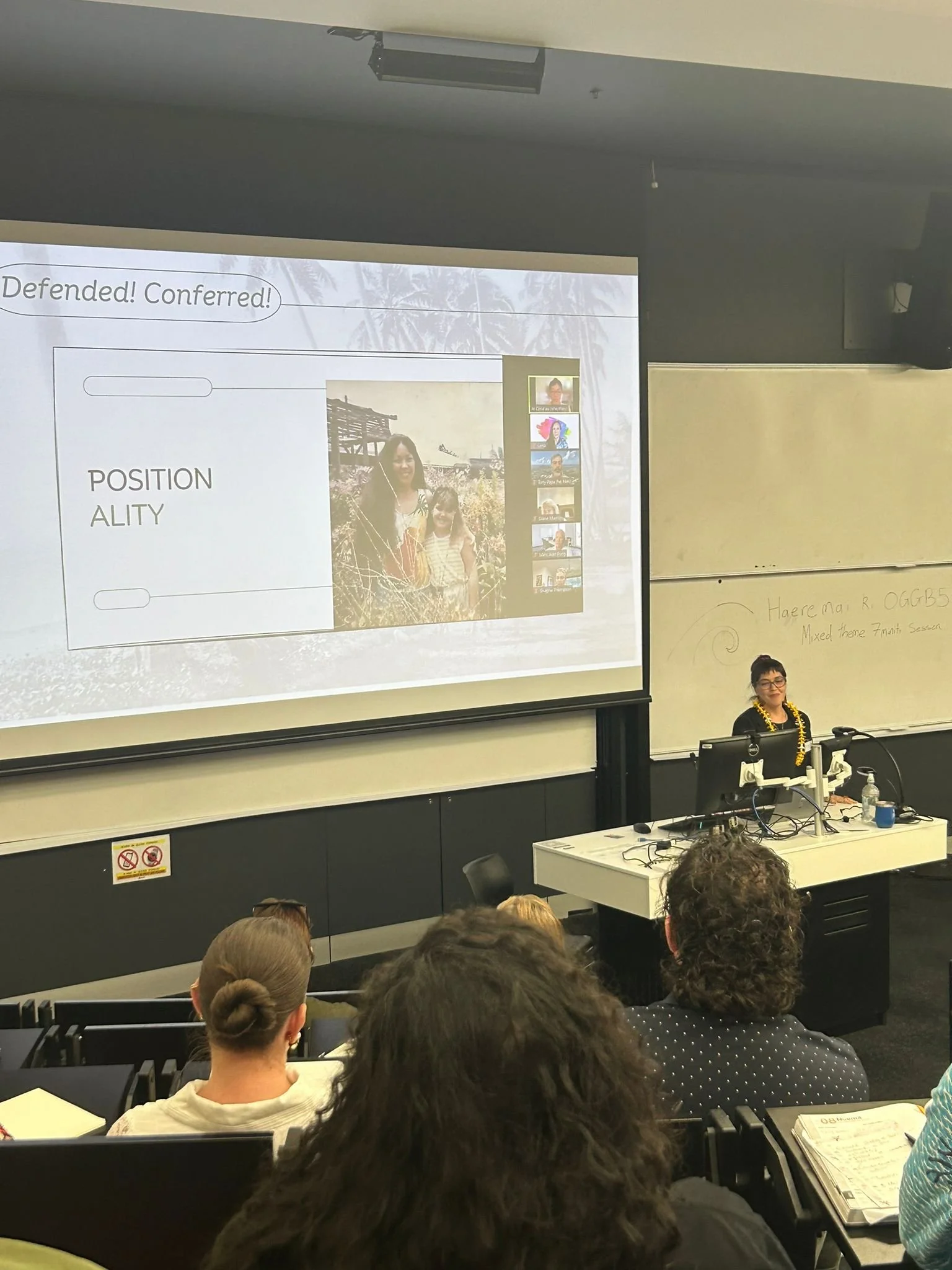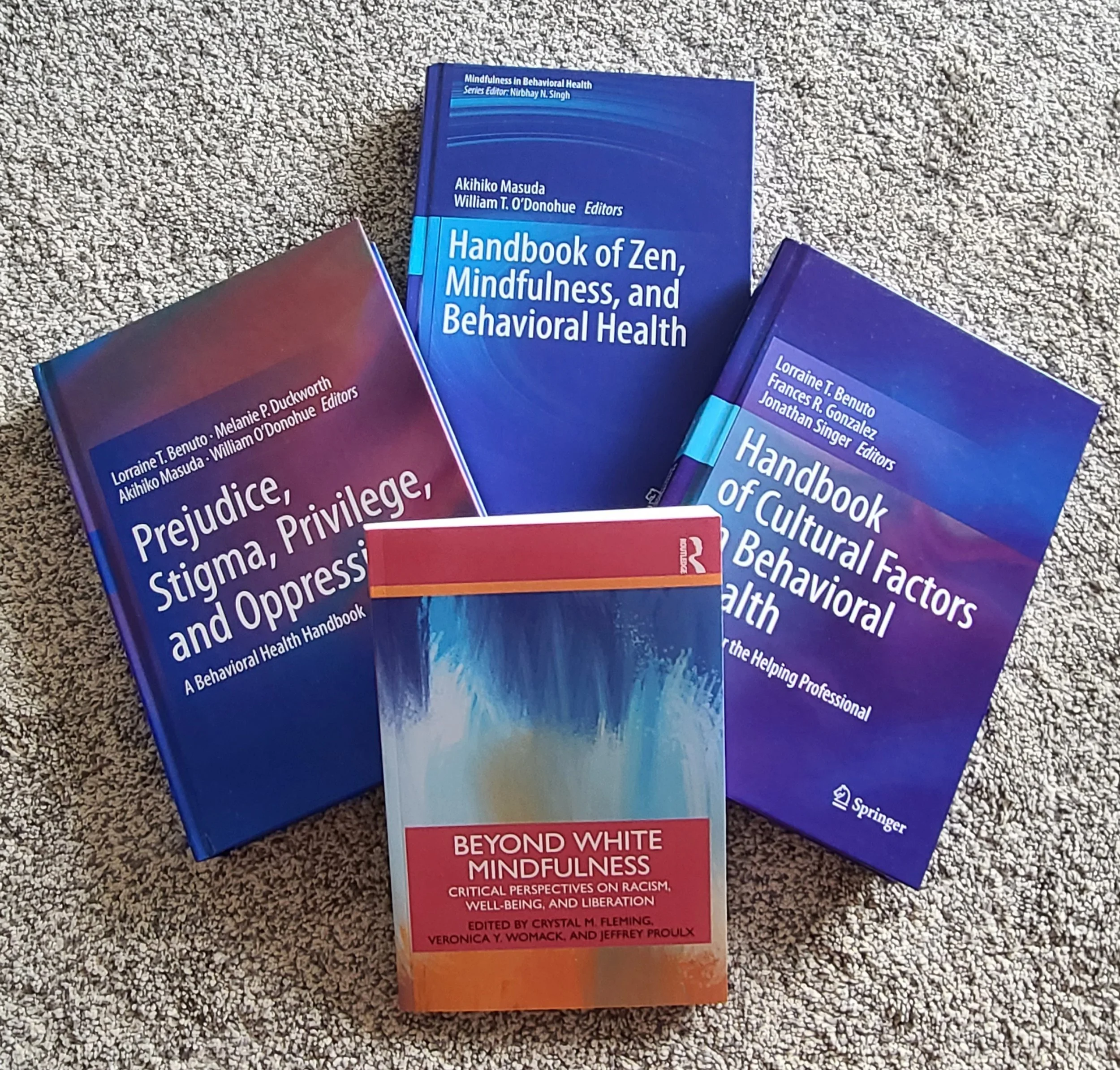Dr. Joanne Qinaʻau (she/they) is a Kānaka ʻŌiwi clinical psychologist and health equity scholar whose research reimagines wellbeing theory, measurement, and intervention design through decolonial and Indigenous frameworks. Their work is grounded in community partnership and aims to reduce transdiagnostic symptoms of traumatic stress in underserved populations—including Kānaka ʻŌiwi, SGM, and racially minoritized communities—through culturally rooted mind-body approaches such as mindfulness, Yoga, meditation, biofeedback, and third-wave therapies.
Dr. Qinaʻau received their Ph.D. in Clinical Psychology from the University of Hawaiʻi at Mānoa, where their mixed-methods, community-based dissertation advanced a culturally grounded theory of Kānaka ʻŌiwi wellbeing in behavioral health contexts and developed a measure of wellbeing for Kānaka ʻŌiwi. They are currently a T32 Postdoctoral Research Fellow at the University of California San Francisco Osher Center for Integrative Health, conducting research on chronic traumatic stress, psychophysiology, and equity-informed mind-body intervention design. They are a Fellow in the NIH Mechanisms Underlying Mind-Body Interventions and Measurement of Emotional Well-Being (M3EWB) Network and an Emerging Scholar with the Plasticity of Well-Being network led by the University of Wisconsin–Madison and MIT.
Dr. Qinaʻau’s scholarship has been published in Health Psychology, Frontiers in Psychology, and The Journal of Behavioral Health Services & Research, and their invited talks span the Association for Psychological Science, the International Congress on Integrative Medicine and Health, and Indigenous health gatherings across Moananuiākea.
Recipient of several academic and community honors, Dr. Qinaʻau is deeply committed to transformative, culturally sustaining scholarship that supports health justice and Indigenous ea (sovereignty).

